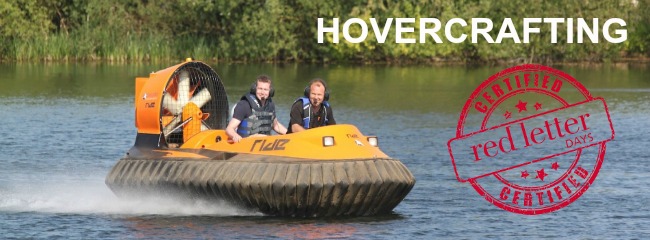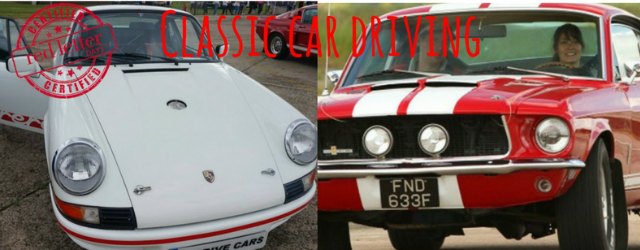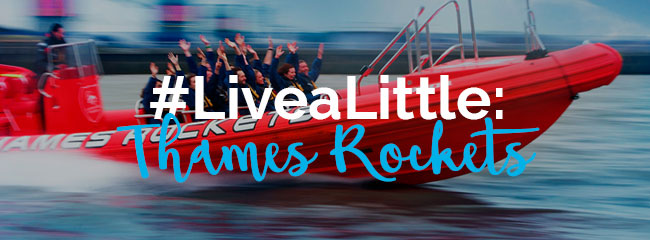
The Hovercraft – a Gliding Enigma
Invented in the 1960’s, the hovercraft is the ultimate all-terrain vehicle, capable of taking on off-road mud and grass and then gliding effortlessly onto water. More and more people are getting excited about the idea of piloting a futuristic-looking vehicle that doesn’t technically fly or drive, and we’re definitely among them!
Despite their use in mainstream travel (those who prefer not to take the ferry can take a speedy hovercraft to various isles from the mainland), most people don’t know much about hovercrafts. So when we treated Maddie and Tom from the RLD office to a hovercrafting experience in Bedfordshire, naturally, we had some questions! Find out how they got on below.
What is a hovercraft?
Arriving at Ride Leisure in Bedfordshire, next to the beautiful Wyboston Lakes, Maddie and Tom were greeted by another Tom, who took them to the hovercraft area. There, they got a quick safety briefing and an intro to the hovercraft itself. “Tom was really good at not making us feel like his students – he relaxed me totally before we tried it out. And it made us laugh when he told us this hovercraft had an engine normally used in big lawn mowers – we weren’t expecting much once he’d said that!” Maddie giggled.
Instructor Tom explained to them how the hovercraft works. It’s basically a vehicle floating on a cushion of air, created by a large on-board fan (usually at the rear), which also propels it forwards. The air is held underneath the hovercraft with a flexible rubber “skirt”, which lifts the hovercraft off the ground and keeps it there. Technically, a hovercraft is more like a plane than a car or a boat, so it’s actually piloted!
How do you drive a hovercraft?
“Driving a hovercraft is totally different to driving a car or a boat,” (our) Tom explained. “There are no pedals on a hovercraft, just an ignition and a handlebar you use to move it, with a grip you squeeze to accelerate. But you also have to lean your whole body to move it, kind of like a quad bike…” They were given headphones and microphones to speak to each other during the piloting session because the fan was far too loud for normal conversation, and they began with a practise session each on the field.

“It felt weird – we turned it on and actually felt it start to hover! Also, there were no brakes… I just had to stop squeezing the throttle and let it slow down and stop,” Maddie commented afterwards.
Was it different on water?

“The water part, for us, was far more fun,” Maddie and Tom agreed. They had the lake to themselves – apart from the geese!
“We were really nervous about hitting the geese, since they just did not want to move at all. Instructor Tom told us we could go over them and they wouldn’t be harmed at all! We still avoided them, though – it would just feel too wrong,” they laughed when we asked about the birds.

They actually reached speeds of almost 40 mph – not half bad for a lawnmower engine, and apparently it felt even faster than it was! Hovercrafts are really light, and don’t have to deal with the friction of other vessels or vehicles, which explains the exciting top speed.
The hardest part, both agreed, was going from the lake back onto the land, as the landing strip was quite narrow and Maddie in particular was nervous she’d miss it. However, the landing went smoothly, and they were both really pleased afterwards. “A really fun and unique experience,” was the final verdict.



